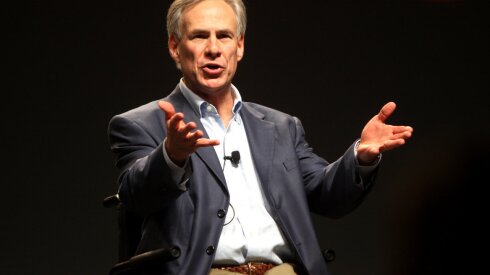Paul W. Taylor is Programming and Media Manager at TVW, Washington's Public Affairs Network. He is the former Chief Content Officer and Executive Editor at e.Republic Editorial and of its flagship titles - Governing and Government Technology. Prior to joining e.Republic, Taylor served as deputy Washington state CIO and chief of staff of the state Information Services Board (ISB). Dr. Taylor came to public service following decades of work in media, Internet start-ups and academia. He is also among a number of affiliated experts with the non-profit, non-partisan Information Technology and Innovation Foundation (ITIF) in Washington, D.C.
He can be reached X/@pwtaylor or @pwtaylor.bsky.social


















